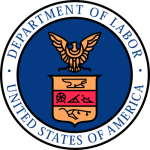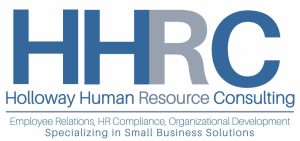The Department of Labor released details of the new Fair Labor Standards Act (FLSA) overtime exemption rules for white collar workers. Here is a brief summary of the key provisions: Effective Date: December 1, 2016. Note that the change occurs on a Thursday, so employers will need to make changes for the payroll period in which December 1 falls. […]
Summary of Oregon’s Paid Sick Leave Law, effective January 1, 2016
If you employ one employee in the State of Oregon you must now provide sick leave to your employees. There are a few limited exceptions such as federal employees; work-study students; railroad workers; people employed by a parent, spouse or child; and most union-represented construction workers employed through a hiring hall. Employer size and location matter: Statewide, […]
Summary of Oregon Employment Laws Effective January 1, 2016
As a mid-year reminder, tapping the link below will provide you with a summary of the Oregon employment laws that are now in effect as of January 1, 2016. A review of Oregon laws effective after January 1 can be found in separate posts. If you have any questions or comments regarding the information in this summary […]
OSHA FORM 300A MUST BE POSTED FEBRUARY 1 – APRIL 30
Do you have your Occupational Safety and Health Administration (OSHA) Form 300A posted? Should you? Covered employers are required to post the Summary of Work-Related Injuries and Illnesses in their workplaces from February 1 until April 30, each year. Form 300A reports the employer’s total number of deaths, missed workdays, job transfers or restrictions, and injuries and illnesses […]
EEOC publishes new rules on conducting employment background checks
Last week marked the first time in over 20 years the Equal Employment Opportunity Commission (EEOC) revisited its rules on the use of criminal background checks by employers. On April 25, 2012 the EEOC published enforcement guidance explaining, among other things, that an employer policy or practice that automatically excludes every candidate with a criminal […]



